Good manners are not about fancy forks. They help people feel safe, seen, and respected. Some rules sound old because your grandparents used them, yet they still work now. These eight hold up in school, at work, and with family. Each one is simple, quick, and low-cost. They save time for everyone, lower stress, and make group plans go smoothly. Use this list as a checklist for the week. Try one habit a day, then keep the two that change your day the most. You do not need perfect grammar or fancy words to be polite. Clear, simple actions make the biggest difference.
1. RSVP on time
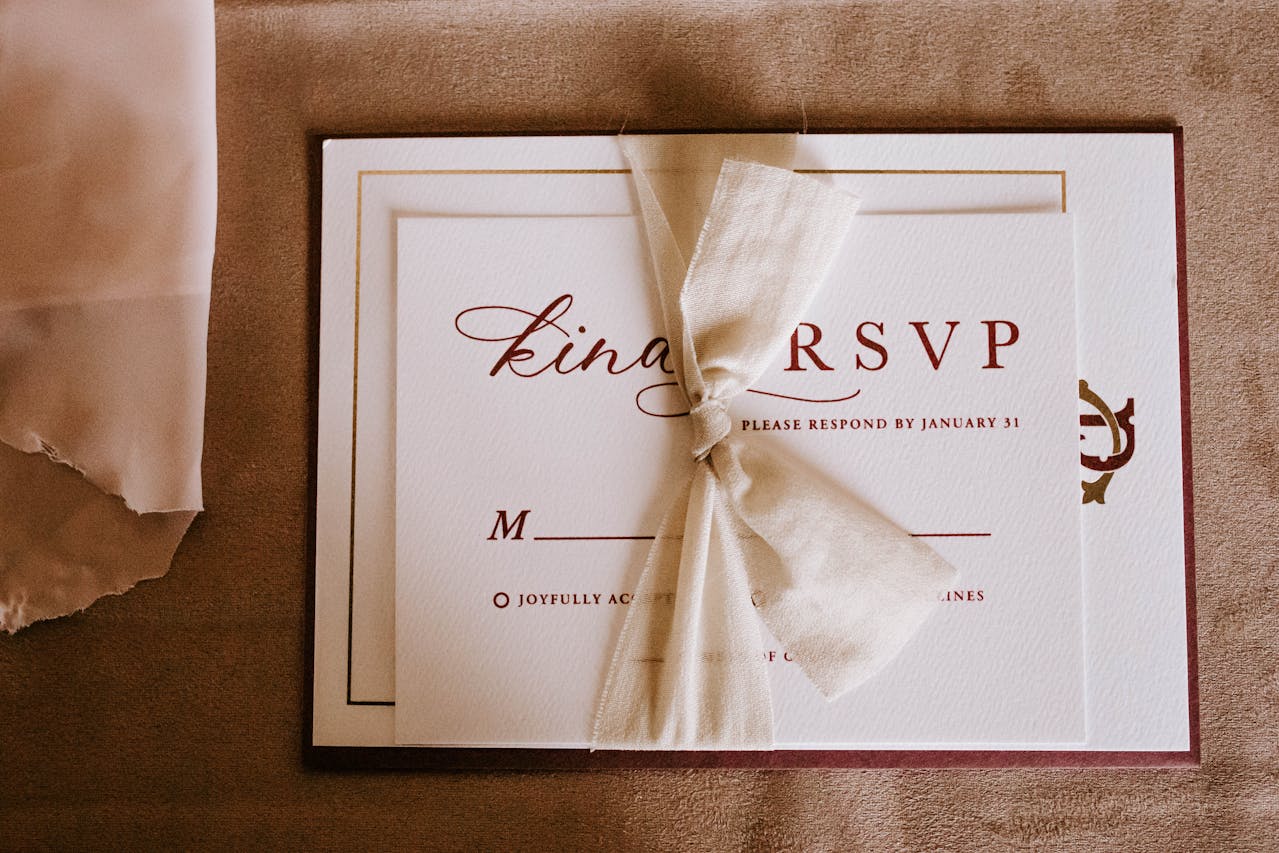
RSVP means “please reply.” It comes from French: “Répondez s’il vous plaît.” RSVP on time. Hosts count chairs, food, and allergy needs based on replies. Answer within two to three days, even if you cannot come. A short no is kinder than silence because it frees your spot. If plans change, update the host quickly. For school events, teachers order supplies by headcount, so your reply protects the budget. Keep a one-line template in your notes app so it takes under a minute to send. Late replies cost money and create waste. Add the RSVP date to your calendar as soon as you get the invite. Clear headcounts cut food waste and last-minute stress.
2. Be on time

Be on time. Aim to arrive five minutes early for class, interviews, and appointments. That small buffer protects you from traffic and parking. It also shows respect for the person who planned the meeting. Late arrivals push the whole day back for others. Set alarms and place your keys and bag near the door the night before. If you will be late, send a quick message with a new ETA and then keep it. Consistency builds trust. Most schools mark late at the bell, and many jobs track punctuality. Being early turns check-in forms into calm breathing time.
3. Say please and thank you

Say please and thank you. Simple words change how people feel about helping you next time. Use names when you can because hearing our name increases attention. In stores and offices, polite requests often get better service and faster answers. At home, thanks to parents or roommates keeps chores fair. Keep your voice level, avoid eye rolling, and smile. These tiny signals lower tension and turn a tough day into a workable one. Courtesy costs nothing, yet it pays back often. Use open body language, not crossed arms. If a clerk wears a name tag, try it once. People remember who respected them.
4. Send thank you notes
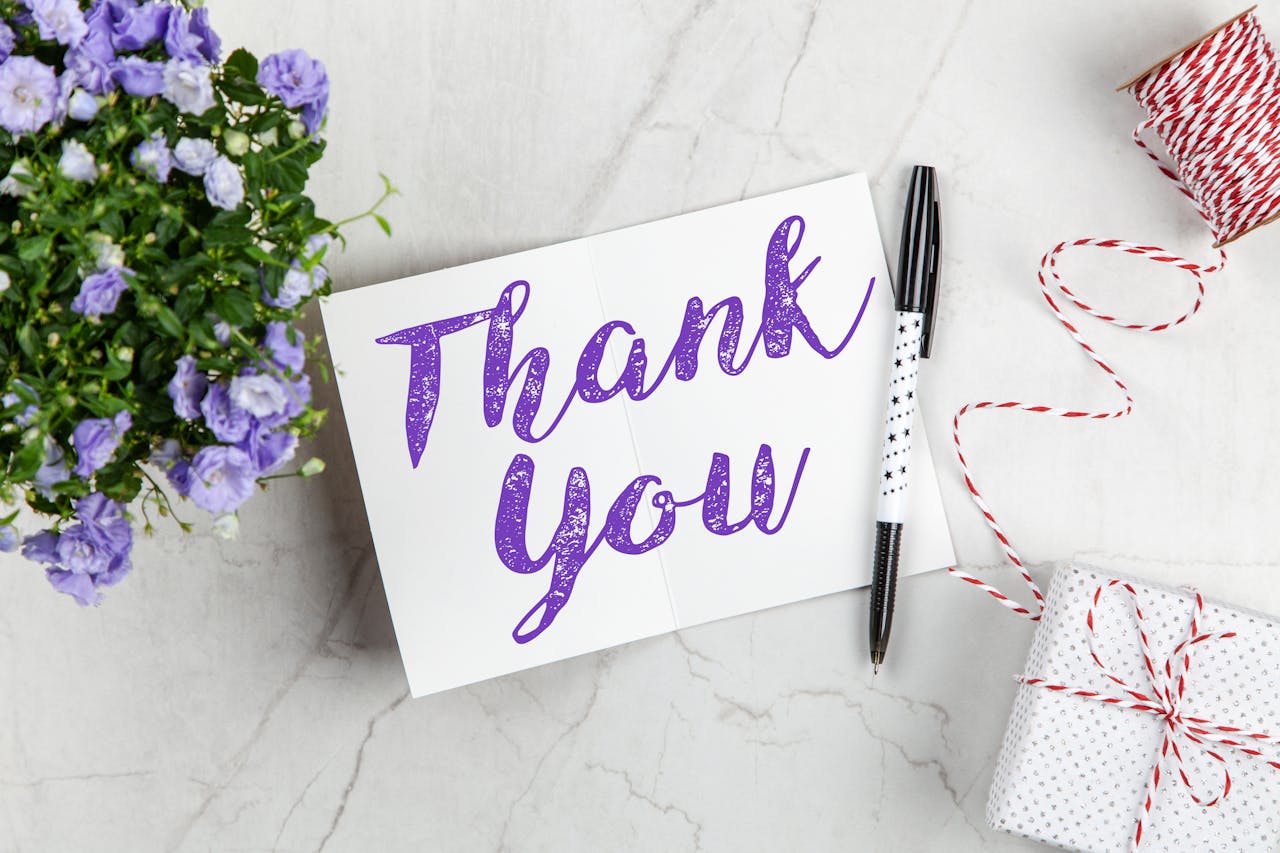
Send a brief thank-you note after receiving gifts, assistance, or after an interview. Two or three sentences are enough. Name the gift or topic, say what you liked, and add one detail about how you will use it. Handwritten notes feel special, but a clear email within 24 hours also works. Notes help teachers and hiring teams remember you. Keep stamps and cards in one spot at home so writing takes five minutes, not fifty. Save a simple template to reuse. If you forget, send it late rather than never. Gratitude has no expiration date, and people keep kind notes for years.
5. Stand to greet

Stand to greet and offer a handshake or a warm hello. Standing helps people spot you, adds energy, and shows you are ready. Keep eye contact for three to five seconds, then relax. If a handshake is not right for the setting, use a friendly wave. For names, repeat them once to lock them in. This small ritual makes first meetings smoother, and it helps shy people feel seen without a big effort. Good starts shape the whole talk. Keep a handshake brief, about two or three seconds, with a dry hand. Stand tall, then sit once the guest is seated.
6. Hold doors and let people exit
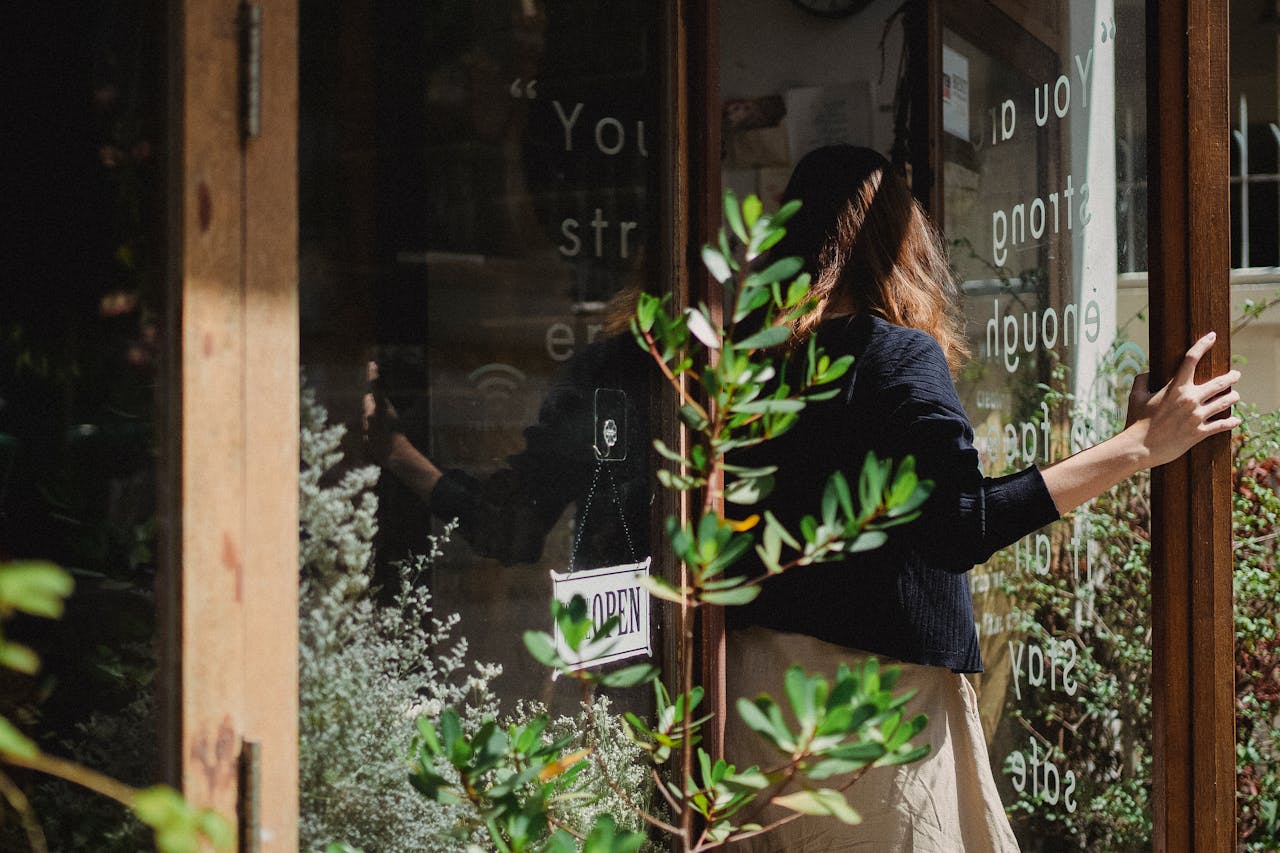
Hold doors and let people exit first. This rule keeps crowds moving in tight spaces like elevators, buses, and school hallways. Step to one side, make space, then go. It is not about strength, it is about timing. If someone is carrying a stroller, box, or cane, offer help and wait for a yes before you grab. Small acts like this raise safety without costing you time. People copy what they see, so lead. Order beats rushing every time. On escalators, stand to the right and let walkers pass on the left when space allows. Small flow rules help everyone.
7. Offer your seat
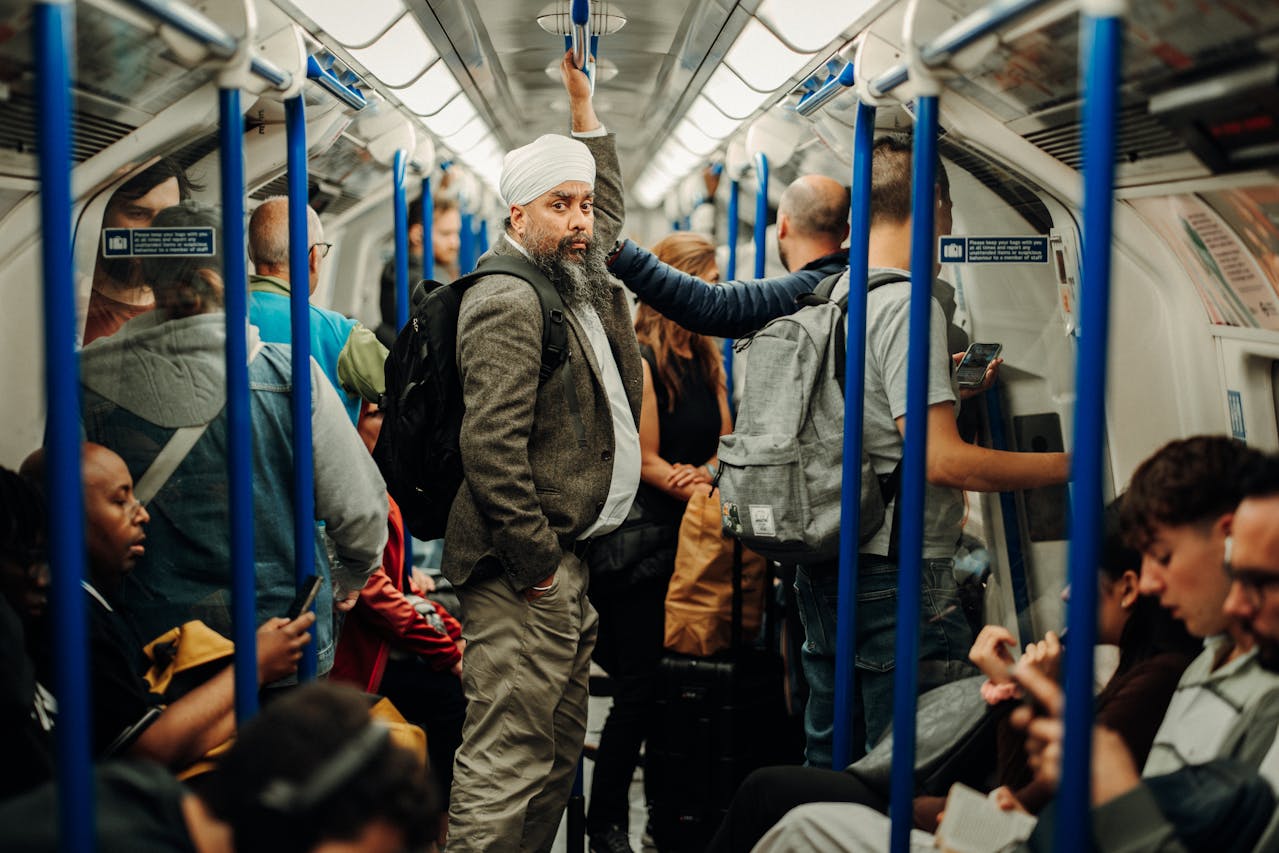
Give your seat to elders, pregnant riders, and people with disabilities. Transit agencies post priority seating for a reason. Watch for canes, braces, and fatigue. If you are unsure, ask politely, then stand up if they say yes. Keep backpacks off seats so others can sit. This habit is a fast way to make public spaces kinder. You also model the rule for younger riders, which keeps it alive for the next crowd. Comfort matters during long rides. If someone refuses, thank them and keep your seat without drama. The point is to offer comfort, not force it on others.
8. Keep noise down in public
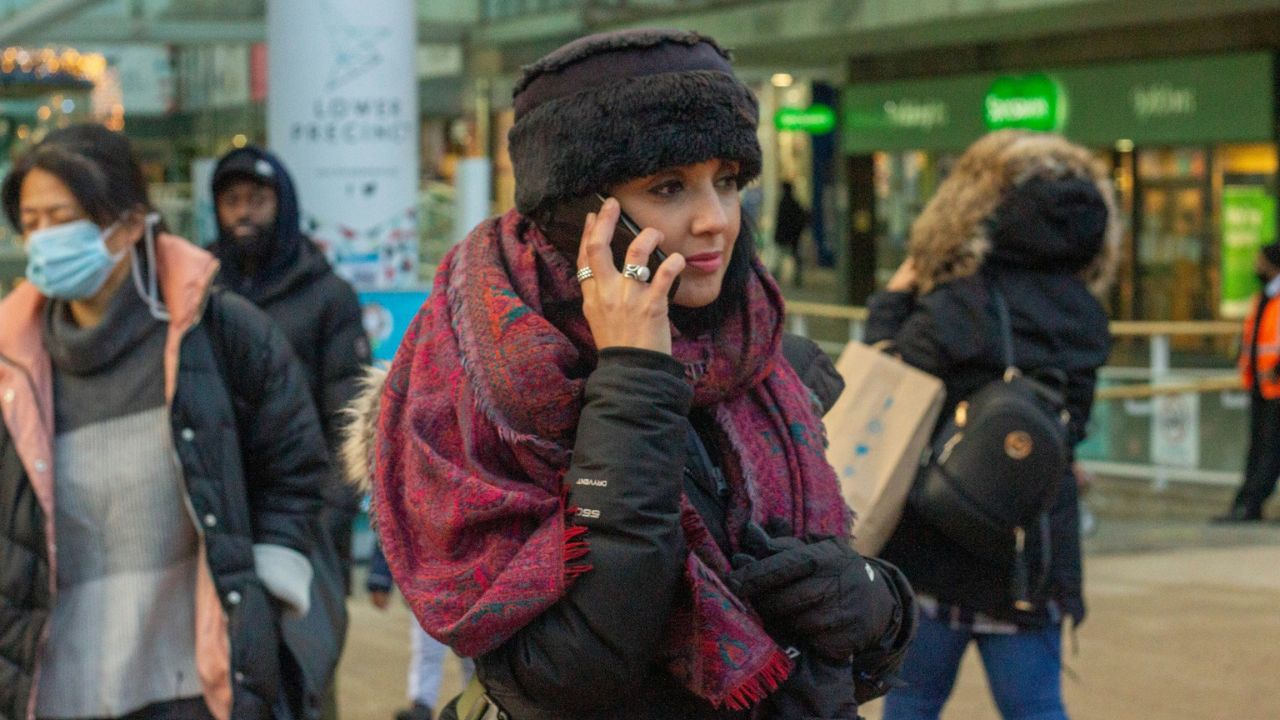
Use quiet voices in public and refrain from using speakerphones in lines or waiting rooms. A phone on speaker adds background noise for everyone. Earbuds or texts are better. In restaurants and libraries, keep calls short or step outside. Lower volume helps staff hear orders and reduces mistakes. If a friend is loud, tap your ear and whisper volume. These small cues protect shared spaces, and they show you can read the room well. Respect makes shared places work. In class or on buses, lower music so only you can hear it. Quiet makes shared spaces friendlier and safer for all.


